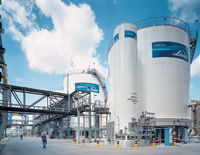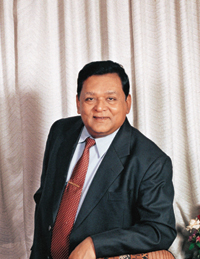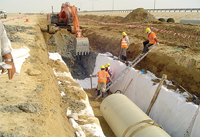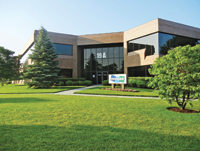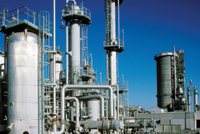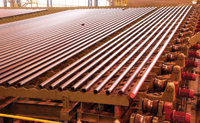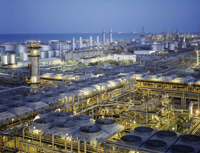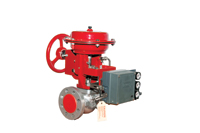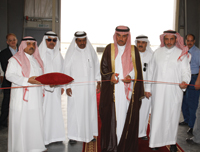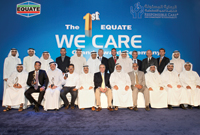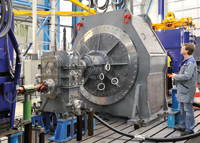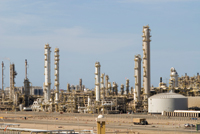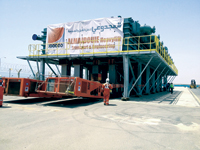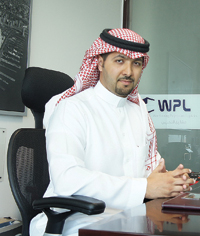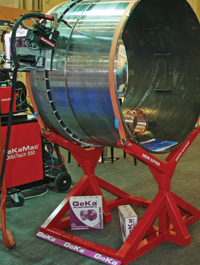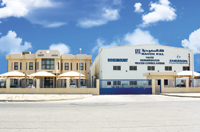
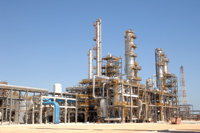 Sipchem ... expanding fast
Sipchem ... expanding fast
SAUDI International Petrochemical Company (Sipchem) has started construction work on two new plants being built under its Phase III expansion programme.
The plants, the first of their kind in the region, will be built in Jubail Industrial City.
The first plant will produce ethylene vinyl acetate (EVA) and low density polyethylene (LDPE) and the second facility will make ethyl acetate and butyl acetate.
The production capacity of the EVA plant will be 200,000 tonnes per year (tpy) and will be operated by the International Polymers Company Limited, a Sipchem affiliate.
Sipchem and Hanwha Chemical of South Korea have 75 per cent and 25 per cent stakes respectively in the venture, the total cost of which is estimated at around SR3 billion ($800 million).
The project’s main contractor, Korean company GS Engineering & Construction Company, started construction work at the site in September 2011. The plant is scheduled to start operations during the second quarter of 2013.
Sipchem announced a technology license agreement with ExxonMobil in May 2009 for the plant. Both Sipchem and Hanwha will be in charge of global marketing operations for the products.
The company has, meanwhile, awarded the engineering design, procurement, and construction contract for a low-density polyethylene (LDPE) compounding plant, which will serve the wire and cable industry, to Posco Engineering (Seoul).
The compounding plant is being built at a cost of SR230 million by Gulf Advanced Cable Insulation Co, an equally owned joint venture between Sipchem and Hanwha Chemical (Seoul). It will receive LDPE resin from International Polymers Co and is scheduled to start operations in the third quarter of 2013.
Sabic will supply ethylene feedstock to the EVA-LDPE complex. GS Engineering & Construction (Seoul) is constructing the facilities.
Sipchem and Hanwha will be responsible for marketing the products. Sipchem has also begun construction work on a separate SR350-million ethyl acetate and butyl acetate complex, which will have a combined capacity of 100,000 tpy and is also being built as part of the phase III expansion.
Output will be used in the inks industry; to produce industrial solvents; and as granules in surface coatings. Sipchem will be the sole owner of that complex, which will supply local as well as overseas markets.
The ethyl and butyl acetate complex will use Rhodia technology and be engineered by eTEC Engineering & Construction (Seoul).
The complex is scheduled to be onstream in the first quarter of 2013, followed in the second quarter of that year by the VAM and LDPE facilities. The contract award for the compounding plant is an “important step” in Sipchem’s expansion and downstream development program, says Abdulrahman Al Saif, president/projects and services at Sipchem.
Phase III of Sipchem’s manufacturing complex will open up opportunities for investment in advanced industries for finished products in Saudi Arabia, he says.
Hanwha says the project will create synergies with the company’s existing wire and cable compounding business and that it demonstrates the company’s strong commitment to the Mideast as part of a globalisation strategy. Sipchem is in the final stages of securing the required funding for phase III, Al Saif adds.



















































































